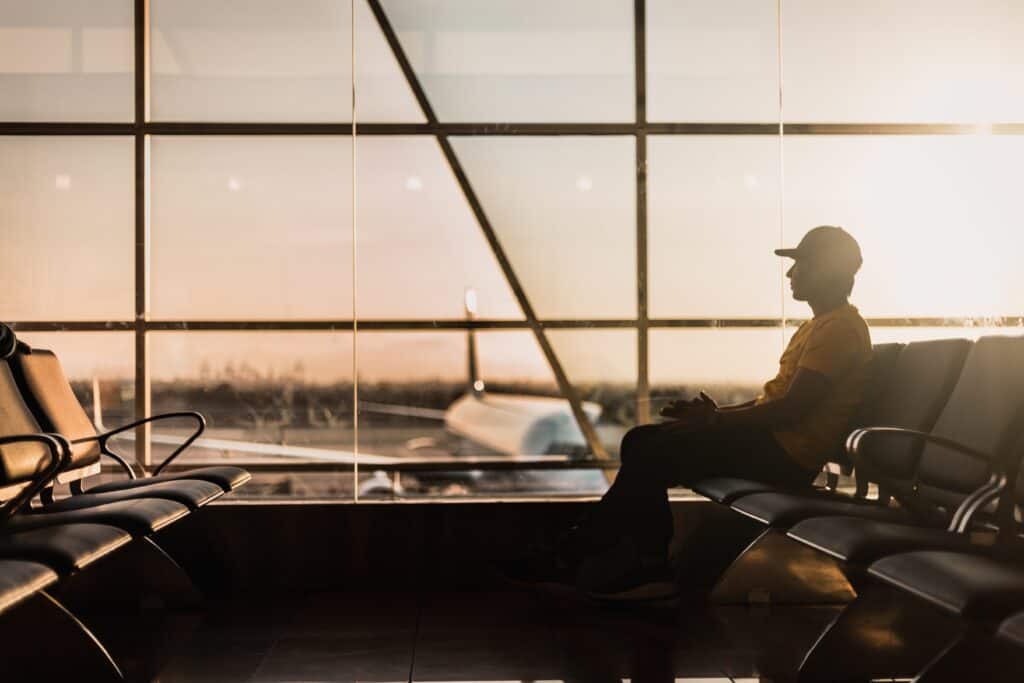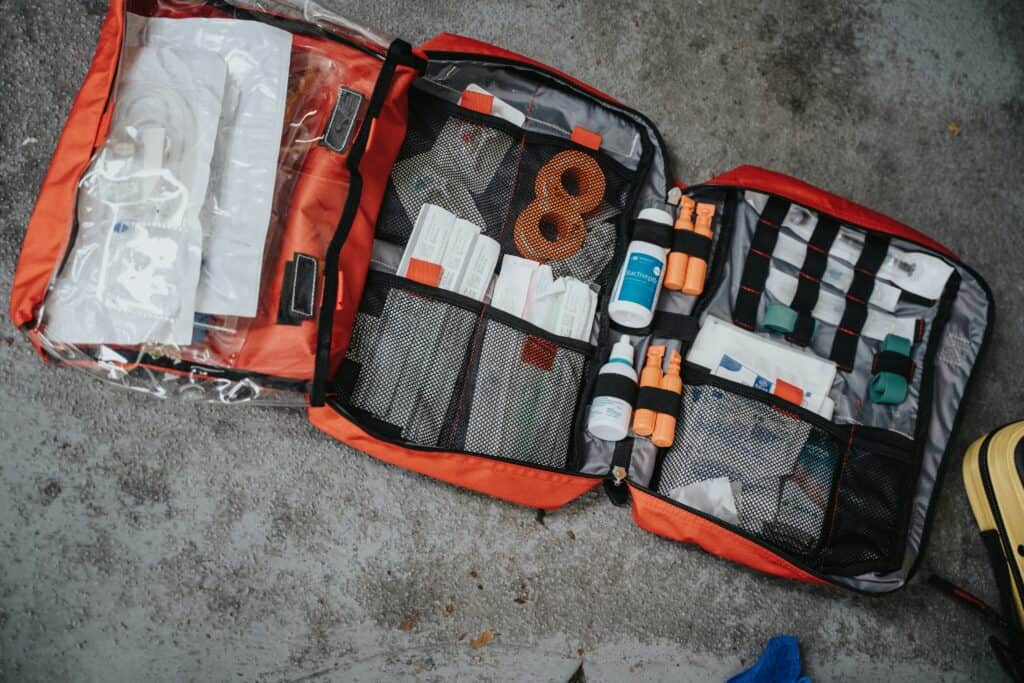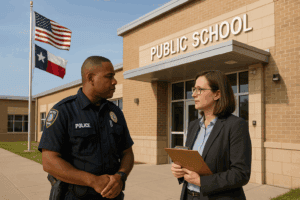Traveling can sometimes be a challenging experience, especially when considering personal safety and security. The risk level differs from country to country, and even from one time to another, making it essential to adapt and modify safety precautions as needed. In any travel situation, adopting certain good practices can greatly enhance your overall safety, whereas being mindful of specific concerns when in transit can reduce the likelihood of becoming a victim of terrorism or other threats.
When planning to stay in a country that is experiencing civil unrest, registering at the embassy or consulate is a vital step, as it facilitates easy communication in case of emergency and evacuation when necessary. Being prepared while traveling on a plane is another essential consideration. Carry-on luggage should include vital items like prescription medicines, spare eyeglasses, passports, and copies of personal documents. Dressing inconspicuously and avoiding discussions about business and travel plans with others can help maintain a low profile.
Airport safety is equally important in overseas travel. Quick check-ins, minimal waiting in public areas, and careful handling of travel plans help maintain a low profile. Familiarizing oneself with the surroundings, exits, and safe spaces while staying alert for unattended baggage can also make a difference in situations that require swift action. In the event of a terrorist attack or rescue operation, remaining calm and avoiding sudden moves may significantly impact survival chances. By incorporating these safety measures into travel planning, one can confidently and securely navigate most transit situations.
Travel Registration
When planning to stay in a country for an extended period, especially in a location experiencing civil unrest, it is important to register with the local embassy or consulate. This process allows for easier communication in case of emergencies and aids in possible evacuation scenarios. To do this, provide the embassy or consulate with a copy of your itinerary and necessary contact information.
Carrying important personal documents, necessary prescription medications, and an extra pair of eyeglasses in your carry-on luggage is essential while traveling. Dressing inconspicuously and avoiding the use of jewelry can help travelers blend into their surroundings and reduce the likelihood of being targeted in a terror-related situation. While on foreign carriers, speaking English as little as possible and not discussing business or travel plans can further contribute to maintaining a low profile.
Selecting a window seat in the coach section of the plane can be less accessible to hijackers seeking to inflict violence. Additionally, memorizing your passport number can reduce the need to openly show your passport when filling out forms at airports.
Once at an overseas airport, maintaining a low profile entails avoiding public areas as much as possible, checking in quickly, and not discussing travel plans indiscriminately. It is crucial to remain aware of your surroundings, noting exits and safe areas while staying away from unattended baggage. Ensuring the security of your carry-on bag and verifying baggage claim checks before and after flights can also help protect your belongings.
In the event of an incident, survival may depend on staying calm and alert. During a terrorist attack or rescue operation, it is vital to avoid confusion and potentially being mistaken for one of the terrorists. Refrain from making sudden moves and maintain a clear, conscious demeanor throughout the ordeal.
Knowing the risks and being prepared can help travelers stay safe and navigate emergencies in foreign countries. Registering with the local embassy or consulate, maintaining a low profile, and exercising caution in various public situations can greatly contribute to a more secure and enjoyable travel experience.
In-Transit Safety Tips
This section provides safety tips for travelers to ensure a secure and comfortable journey. These recommendations apply to various forms of travel, with a focus on surviving potential terrorist situations. Keep in mind that the level of risk may vary from country to country and may require adaptation depending on individual needs and circumstances.
On the Plane
- Dress inconspicuously to blend into the international environment. It is advisable to wear minimal or no jewelry.
- Carry-on luggage should contain essential items such as regularly taken prescription medicines (in their original containers labeled with the pharmacy name and prescribing physician), an extra pair of eyeglasses, a passport, and personal documents (copies only).
- To minimize attention, try avoiding speaking English as much as possible on foreign carriers. Refrain from discussing business or travel plans with fellow passengers, crew members, or even travel companions.
- Choosing a window seat in the coach section can provide added safety, as it is less accessible by hijackers inflicting indiscriminate violence.
- Memorizing your passport number can be helpful, allowing you to fill out landing cards without revealing your passport.
At an Overseas Airport
- Maintain a low profile, and avoid lingering in public areas. Check in promptly and refrain from discussing travel plans with others, maintaining discretion at all times.
- Constantly survey your surroundings, taking note of exits and safe areas. Stay away from unattended baggage.
- Verify baggage claim checks before and after the flight, and always maintain custody of your carry-on bag.
- If an incident occurs, stay calm and alert. In the event of a terrorist attack or rescue operation, avoid sudden moves to prevent being mistaken for a threat.
Applying these safety tips can enhance the passenger flying experience, promoting heightened security and peace of mind for individuals of all ages.
Emergency Preparedness
When traveling, it is essential to be prepared for emergencies, especially in countries experiencing civil unrest. Registering with the embassy or consulate and providing a copy of your itinerary can make it easier for authorities to contact and evacuate you if necessary.
At an overseas airport, maintain a low profile and avoid public areas as much as possible. Quick check-ins and minimal delay in the main terminal area can reduce exposure to potential risks. Surveying your surroundings, noting exits and safe areas, and staying away from unattended baggage can enhance your safety.
It is crucial to verify baggage claim checks before and after a flight and maintain custody of your carry-on bag. In the event of an incident, being able to remain calm and alert may increase your chances of survival. Avoid sudden moves during a terrorist attack or rescue operation to reduce the risk of being mistaken for a threat.
Additional Resources
For a comprehensive understanding of travel safety and managing risks during transit, especially in situations involving terrorism or civil unrest, it’s crucial to access reliable resources. Some valuable sources include government websites, travel safety guides, and knowledgeable travel advisors.
Frequently asked questions (FAQs) can be helpful when preparing for a trip or during travel. These questions can address topics such as handling medical emergencies, maintaining a low profile, staying safe in public spaces, and registering with embassies or consulates. Many government and travel websites offer questions and answers to assist travelers in handling various situations they may encounter while abroad.
Effective communication and remaining discreet are vital elements of travel safety. In certain situations, it’s crucial to avoid speaking English or revealing personal details, such as being a business traveler. By maintaining a confident and neutral tone, travelers can minimize attention and potential threats.
Overall, it’s essential to remain calm, alert, and knowledgeable about the various aspects of travel safety in different environments. Accessing additional resources, such as questions and answers or a glossary, can be a vital part of staying informed and prepared during travel, especially in situations that may present increased risks.
Frequently Asked Questions
What precautions should be taken while traveling in high-risk areas?
When traveling in high-risk areas, it’s important to maintain a low profile, dress inconspicuously, and avoid discussing business or travel plans. Register with the embassy or consulate and provide a copy of your itinerary, making it easier for them to contact you in case of an emergency or evacuation.
How can one maintain a low profile at an overseas airport?
At overseas airports, travelers should maintain a low profile by checking in quickly, avoiding public areas as much as possible, and not discussing travel plans indiscriminately. It’s also important to survey surroundings, note exits and safe areas, and stay away from unattended baggage.
What features should be considered when renting a car for secure travel?
When renting a car, opt for a vehicle with a GPS, secure locks, and good overall safety features, such as airbags and sturdy doors. Avoid renting cars with local or easily-identifiable license plates, as they may draw unwanted attention.
How can personal safety be ensured while using public transportation?
To ensure personal safety on public transportation, always stay alert, keep belongings secure, and avoid displaying valuable items. Choose seats with visibility to exits and avoid sitting near doors, as criminals may use them to make a quick escape after snatching belongings.
What measures can be taken to prevent hotel crime in foreign countries?
To prevent hotel crime, travelers should choose accommodations in safe neighborhoods, avoid ground-floor rooms with easy access from the street, and utilize hotel safes for valuable items. It’s also crucial to avoid giving out room numbers or discussing travel plans in public areas within the hotel.
How to stay safe during civil unrest while traveling abroad?
During civil unrest, it’s essential to stay informed about local events and always follow the advice of local authorities. Avoid large gatherings or demonstrations, restrict movement to known and safe areas, and maintain communication with family, friends, and the local embassy or consulate.








